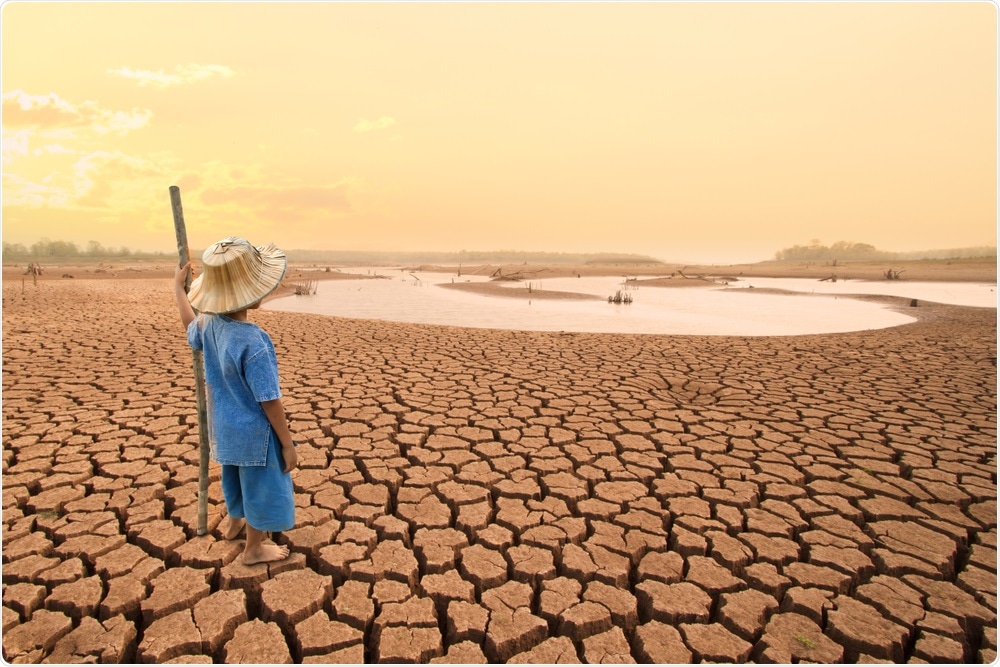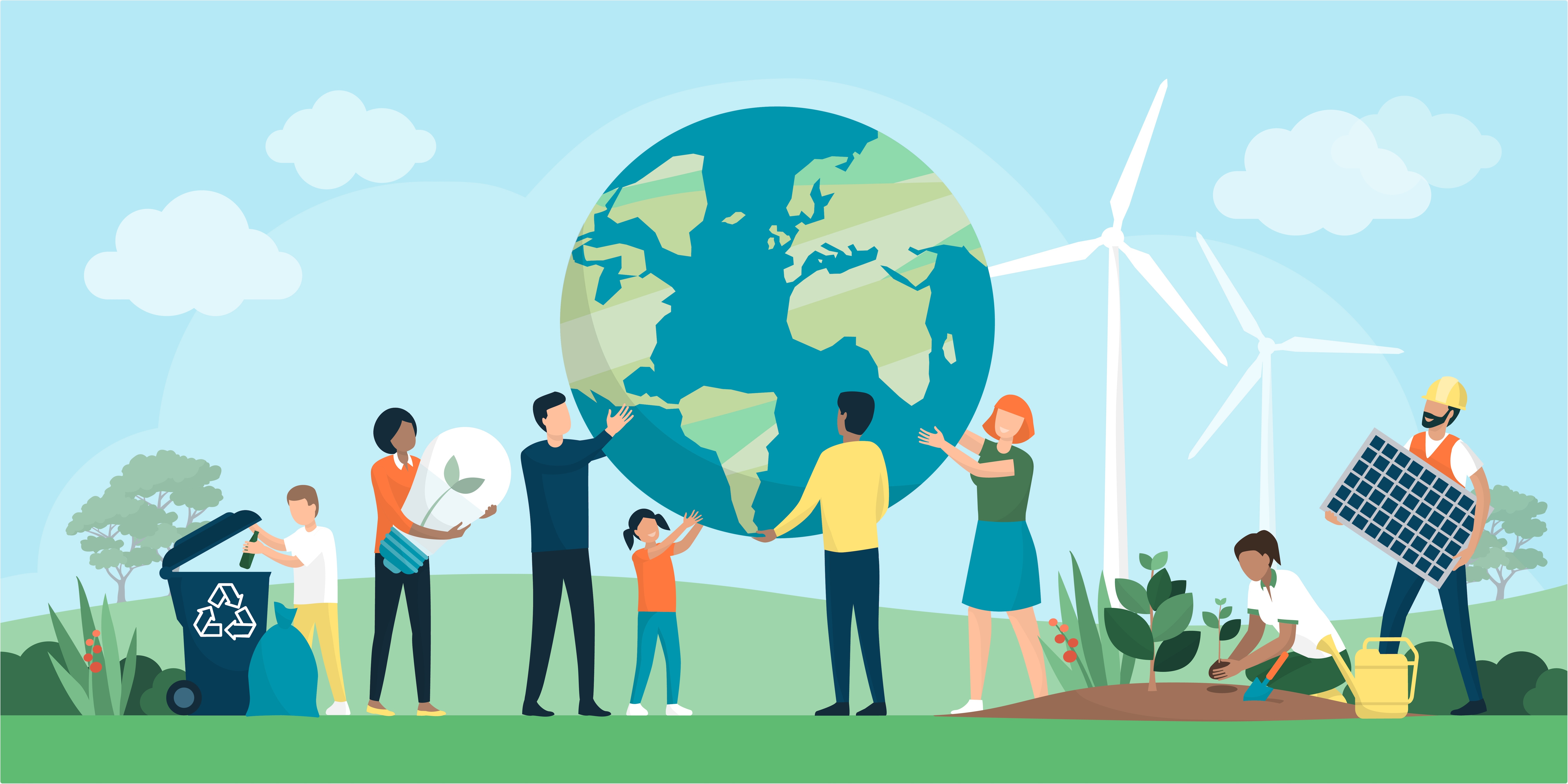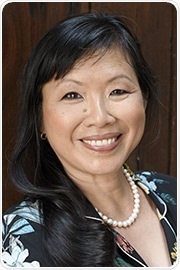The science of climate change is irrefutable and clear. As an emergency physician and a social scientist, Lai Heng has been flabbergasted that people have been slow and resistant to embracing the truth that climate change is happening and that it is harming their health. She started researching more effective ways to communicate the urgency of climate change so that we can change and start living in a way that will decrease global warming.
Rebecca and Lai Heng met at a business breakfast for the Nature Conservation Council and started discussing ways to collaborate. The article is the beginning of our ongoing work together to improve and extend the ways in which health professionals might speak out about the climate and its impacts.
What is the importance of effectively communicating climate change and its implications?
Appreciating the urgency of climate change and its adverse effects on health. Climate change is urgent. We need to communicate this urgency to act effectively so that we can change behavior and prevent irreversible and catastrophic change.

Image Credit: Piyaset/Shutterstock.com
How does climate change pose a threat to health and wellbeing? Are there some people that will be disproportionately affected?
Climate change poses a threat to health and wellbeing by;
- Air pollution
- Heat
- Increased frequency and severity of extreme weather events such as floods and bushfires
- Loss of homes/livelihood/food security
- Loss of income
- Loss of lifestyle
- Increased mental health issues
It will disproportionately affect people from lower SEC communities, indigenous communities, children, and the elderly as well as people with underline health issues.
The combination of the impacts of COVID and climate is yet to be seen but can be anticipated to be particularly difficult as Australia prepares for the end of lockdown and the summer bushfire season.
Why are communities becoming more and more concerned regarding climate change?
There is increasing community awareness that climate change is going to affect their health, lifestyle, their income, food, and home security.
The concern is also building as more national and global advocacy around the issue of climate is occurring, making the Australian community appreciate we have a decade of action and opportunity, a critical and narrow window for transition to a low carbon economy. They are already seeing more extreme weather events, including heatwaves in areas not used to them, bushfires destroying wildlife, forests, and properties, as well tropical storms and floods.
Why are healthcare professionals in a unique position to speak to patients and the wider community about climate change?
They are trusted by communities and respected by politicians and their status due to the pandemic has been enhanced from an already high bar. They work closely with communities of all kinds and can articulate the current day impacts of climate on physical and mental health.

Image Credit: Lordn/Shutterstock.com
Can you describe your latest research into communicating climate change?
It outlines how to communicate in a more effective and impactful way so that we can convince people to change their behavior and demonstrates the special role health care professionals can play.
What did you discover?
We found some golden rules for climate change communication for health care professionals. It is about empowering health professionals to speak up about known health impacts and to galvanize the community to act to lower CO2 emissions and lobby their members of parliament to enact policies to lower emissions, decrease reliance on fossil fuels as an energy source, and build a more resilient community.
Can you describe your golden rules for communicating climate change?
- Simple messages, repeated often, by trusted voices, are most effective.
- Put people first. Frame the issue as a health problem rather than as an environmental problem. Many people see the problem of climate change as global and abstract, while health is local and concrete.
- Introduce the health benefits of climate solutions and speak to the values your patients and clients care about most (personal health, family, community, protecting who and what is at risk – vulnerable people, nature, and clean air).
- Events such as extreme heat or flooding or poor air quality create an opportunity to educate people on the health impacts of climate change. This can encourage people to consider how they could prevent such harm to health in the future.
- Use visual language so that your audience can see themselves in the solution. For example, ‘Australia’s climate is already harsh and climate change is supercharging that. But human beings – and Australians – are known for their resilience and resourcefulness. We can take charge of our health and protect our beautiful country if we act now’.
- Be careful of polarising language like ‘climate crisis’ or ‘climate emergency’ in a clinical setting. The scale and nature of the threat is huge but repeating messages that invoke fear can ‘desensitize’ and turn some audiences away from your message.
- Do not get caught up in conversations that question climate science. It’s not up for debate. If the conversation veers into debate or politics, redirect it back to your professional expertise and evidence around climate change health impacts.
- Avoid repeating a negative statement to attack it. For example, if a dismissive person argues that climate action is too expensive, do not get caught up in arguing about money. Instead, reframe according to your values, for example, ‘Taking climate action to protect public health is the best investment a government can make’.

Image Credit: elenabsl/Shutterstock.com
What else can be done to help raise awareness of climate change and its global impacts?
Better training for health care professionals on climate change including both educational and professional settings. More advisory panels are made up of health practitioners with expertise on climate change and health assisting with professional and industry policy and practice. More workplace-based education and advocacy.
Community advocacy, with health care professionals involved as leaders and spokespeople in climate campaigns more broadly.
What are the next steps in your research into climate change?
Lai Heng has been part of a Multi-College Advisory Committee convened by the Royal College for Physicians, in collaboration with Monash University and the Climate and Health Alliance to prepare a Climate Change Risks to Australia’s Healthcare Systems Report which will be published soon.
She will continue her work with improving the communication of climate change and health impacts to the community, advocate for more sustainable practices in health care organizations and contribute to climate advocacy within her college and with other medical colleges and governmental and non-governmental agencies.
Rebecca plans to do more specific research and strategy around the role health care professionals can play around communicating climate impacts and the benefits of action.
Where can readers find more information?
Please see the below links for more information.
About Dr. Rebecca Huntley
Dr. Rebecca Huntley is one of Australia's foremost researchers on social trends. She holds degrees in law and film studies and a Ph.D. in Gender Studies. For nearly 9 years Rebecca was the Director of The Mind & Mood Report, Australia's longest-running social trends report. She has lead research at Essential Media and Vox Populi, part of the CIRCA research group, before starting her own research and consultancy business. She works closely with The Sunrise Movement on the Climate Compass Project as well as with many other climate and environment NGOs.
She is the author of numerous books including How to Talk About Climate Change in a Way that Makes a Difference (Murdoch books, 2020), Still Lucky: why you should feel optimistic about Australia and its people (Penguin 2017), and Australia Fair: Listen to the Nation, the first Quarterly Essay for 2019. She has delivered The John Button Oration (2012) at the Melbourne Writers’ Festival and the MSSI Oration at the University of Melbourne (2019).
She is on the board of The Bell Shakespeare Company and the Executive Board of the NSW branch of the ALP. She is the Chair of the Advisory Board of Australian Parents for Climate Action. She has held board positions on The Whitlam Institute and The Dusseldorp Forum. She was an adjunct senior lecturer at the School of Social Sciences at The University of New South Wales.
About Dr. Lai Heng Foong
Dr. Foong is an Emergency Physician based in Sydney who has a passion for Public Health and Disaster preparedness, Indigenous Health, and the social determinants of health. Before she studied medicine, she completed a Bachelor’s degree with Honours majoring in Philosophy. She has a special interest in medical ethics, especially in medical decision-making and health equity. She is currently the Chair of the Public Health and Disaster Committee of the Australasian College for Emergency Medicine (ACEM), and a member of the Indigenous Health Committee.
She helped develop ACEM’s Environmental Strategy and Environmental Action Plan and successfully lobbied for ACEM’s divestment for fossil fuels and banking with a more environmentally sustainable bank. She also spearheaded the college’s declaration of a Climate Emergency in 2019, becoming the first professional medical college to do so.
She has been a passionate advocate for effective action on Climate change as it is deeply connected to health and wellbeing. This has been done through speaking to medical students, health practitioners on Climate change and health impacts, holding media interviews during the catastrophic bushfires of 2019/2020, speaking to politicians, and working with governmental and non-governmental organizations on issues relating to climate change and health impacts. She is a member of the Multi College Climate Change and Health Project of the Royal Australasian College for Physicians (RACP). She is an Ambassador for Better Futures Australia and a member of the Doctors for the Environment Australia.
She is the current Chair of the NSW ED Community of Practice (CoP) for Covid-19 Pandemic Response. She has also been an active advocate for Closing the Gap in Indigenous Health and addressing health inequity and Pandemic preparedness. She is a Conjoint Lecturer at the University of New South Wales and the University of Western Sydney.